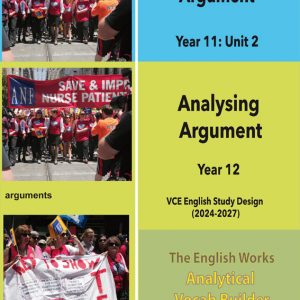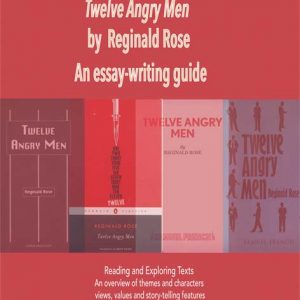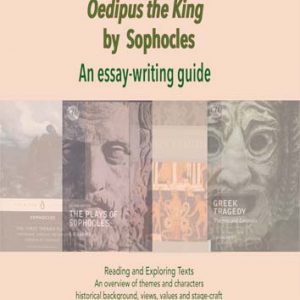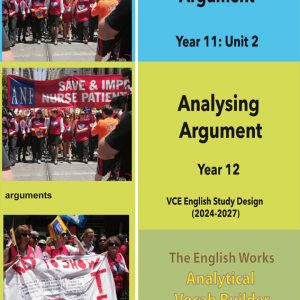For our next lesson, please refer to two to three recent articles that we’ve been studying. I’ll send these via email. Please use these analytical terms to analyse techniques/arguments. Please write 10 sentences.
Analysing and unpacking comparisons
(often in 2 – 3 sentences)
- Vescot juxtaposes the rate of injuries sustained on softer ovals with those on hard-surfaced ovals. (to juxtapose: to put side by side; to place close together)
- Josh Scott draws a correlation between the hard playing surfaces and the high incidence of knee injuries among women footballers (a correlation: mutual relations of two or more things; parts etc.)
- Ms Vescot equates the dreamlike qualities of a female footballer with those of an astronaut — the sky is the limit. (to equate: to state the equality of; or between; to regard, treat or represent as equivalent) ‘
- Drawing comparisons with other daily-life injuries, Ms Vescot rationalises the risks associated with a contact sport. (to rationalise: to justify one’s (unconscious) behaviour by plausible explanations; to treat or explain in a rational way)
Call to action verbs:
- Ms Smith implores councillors to change the school uniform because of its lack of diversity. (to beseech, to entreat; to call upon in urgent supplication)
- Mr Jost prevails upon parents to support the homework ban — a plea that is supported by real-life images of stressful students. (to use persuasion or inducement successfully on someone)
- Mr Spacer prevails upon the Education Minister to reconsider the academic worth of the NAPLAN test.)
Quotes (language and audience)
- The emotive phrase – to “toughen up” – implies that the footballer is wearing a helmet because they are physically-challenged. (implies: suggests without actually stating).
- Many citizens would find it disconcerting that [….] (disconcerting: upsetting, causing one to feel uncertain or worried)
- The image of a “befuddled” Minister who has made a series of knee-jerk reactions corresponds to/equates; correlates with the figurative image of a dog “barking up the wrong tree”.
- Ms Stretten’s disturbing reference to parents who “are left sitting in the hospital emergency ward” is likely to arouse an indignant response among family members. (indignant: moved by mingled anger and scorn or feeling of injured innocence; strong displeasure at something deemed unjust or base.)
Comparing viewpoints
- Both Mr Davis and Ms Constance support the cashless transaction scheme. Whilst Mr Davis believes that it will save time, Ms Constance focuses on its potential to improve profits.
- Ms Catter’s support for the sugar tax on the grounds that it will reduce childhood obesity corresponds with Mr Hasper’s view that it is a necessary “weapon” in the fight against obesity.
Different viewpoints
- by way of contrast; comparably; contrarily; on the contrary; conversely; antithetically; contrariwise; to the contrary; inversely; reversely
- If Mr James disapproves of a sugar tax because of the risk of inflation, Ms Spank, contrastingly, believes that low-fat products should be treated in the same way as “low tar cigarettes”.
Using nominals (noun phrases)
Please write two sentences using noun phrases:
“Essentially, Uber is a taxi service which allegedly entered the market illegally and somehow cajoled the Victorian government and other governments to renege on the arrangements they had instituted with the licensed taxi industry. It was a shameful capitulation to an aggressive business model of disruption and disdain for laws and regulations.”
Some vocabulary:
Targeting unsuspecting or naive members of the public, Ms Johns seeks to expose the conditions on the ship.
- (complacent (self-satisfied complacency (tranquil pleasure; self-satisfaction)
- nonchalant (cool, unmoved, unexcited, indifferent);
- insouciant (carefree, unconcerned);
- to condone (forgive, overlook an offence or wrong-doing)
- unsuspecting.




